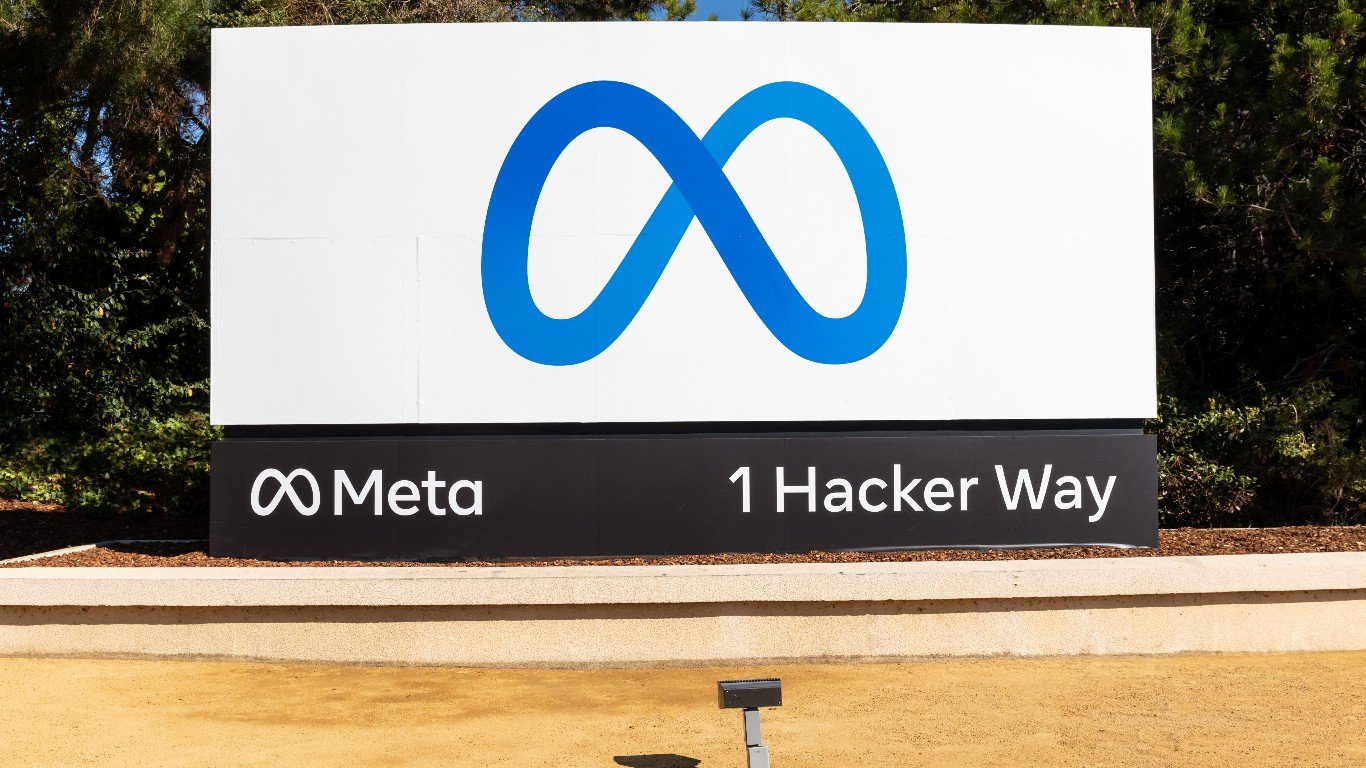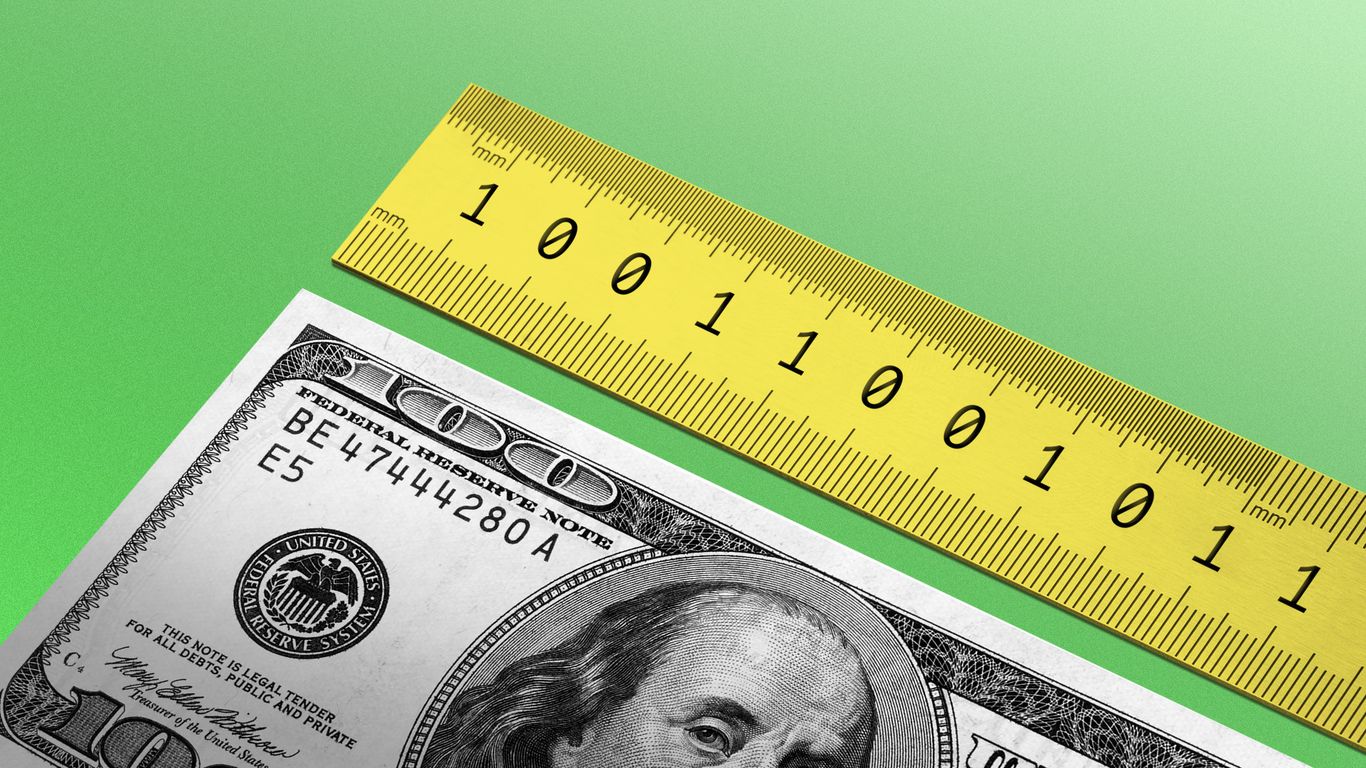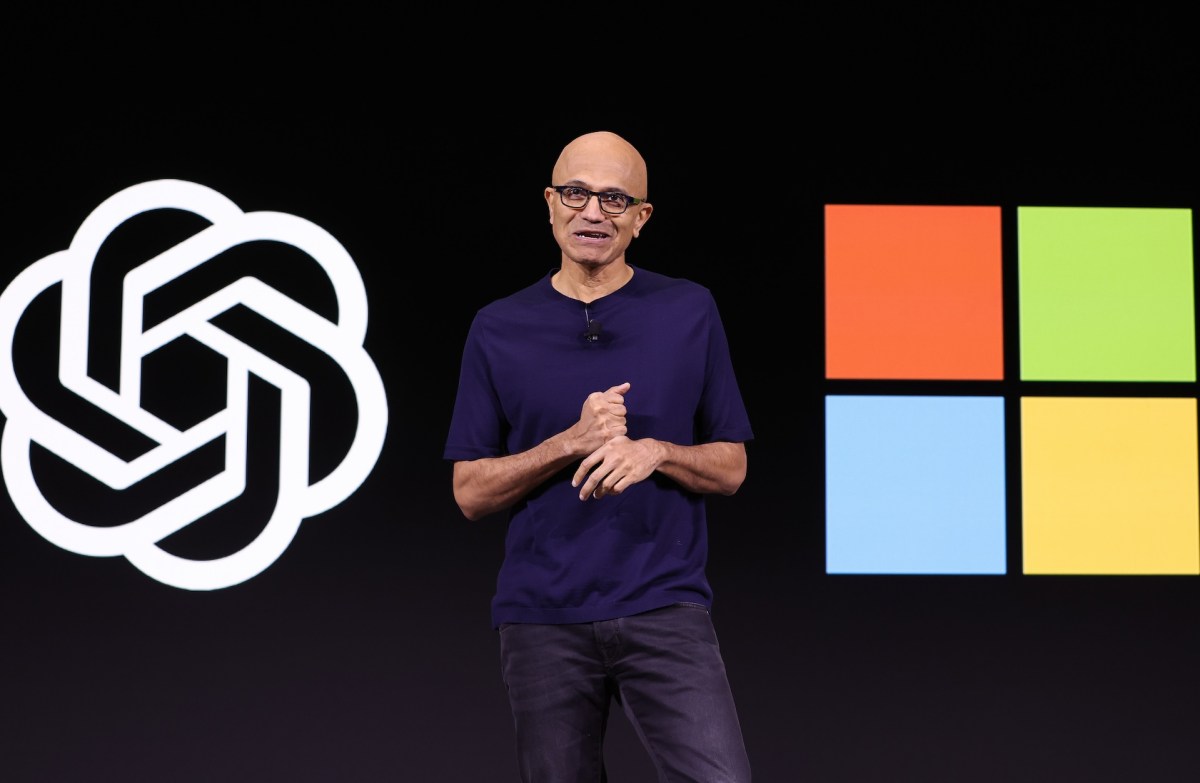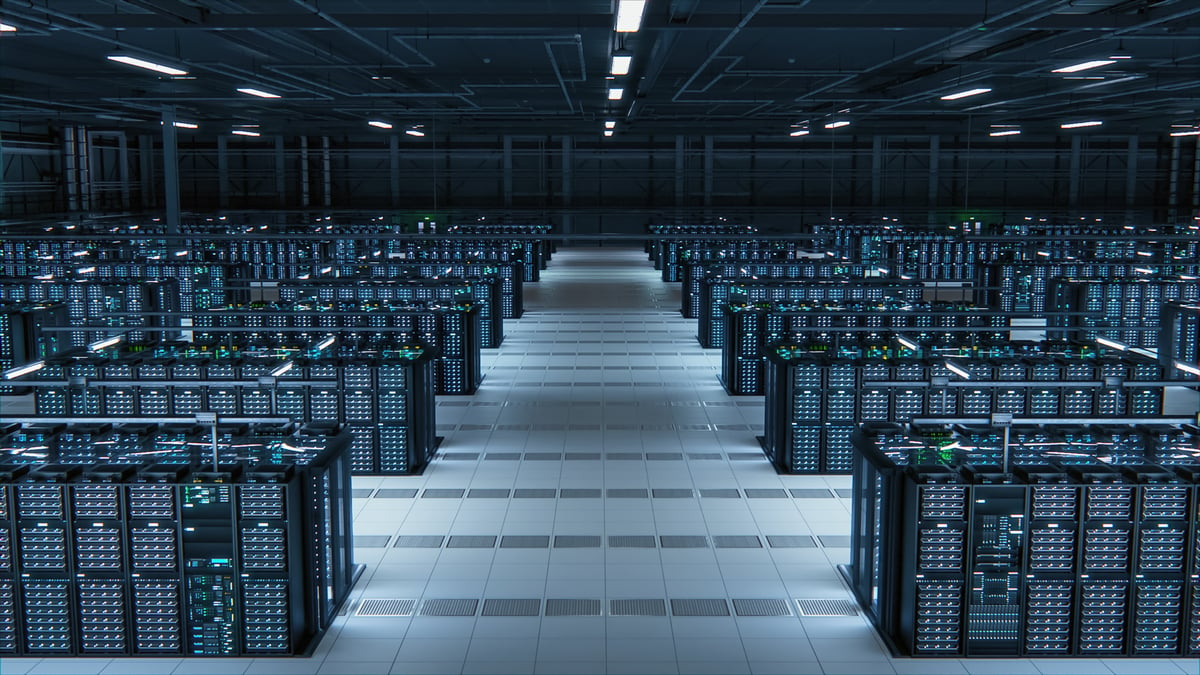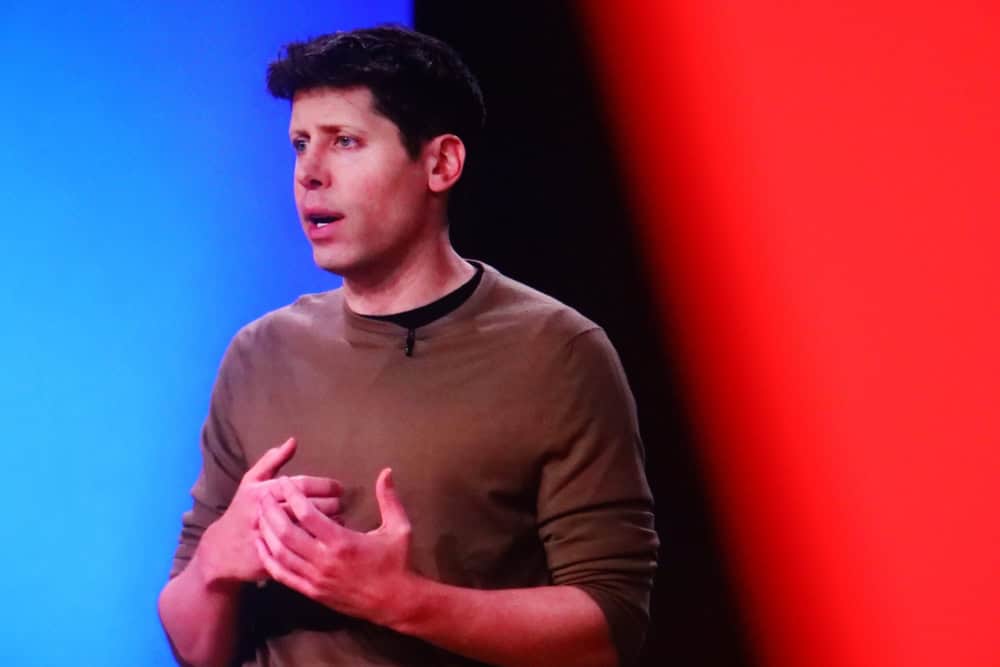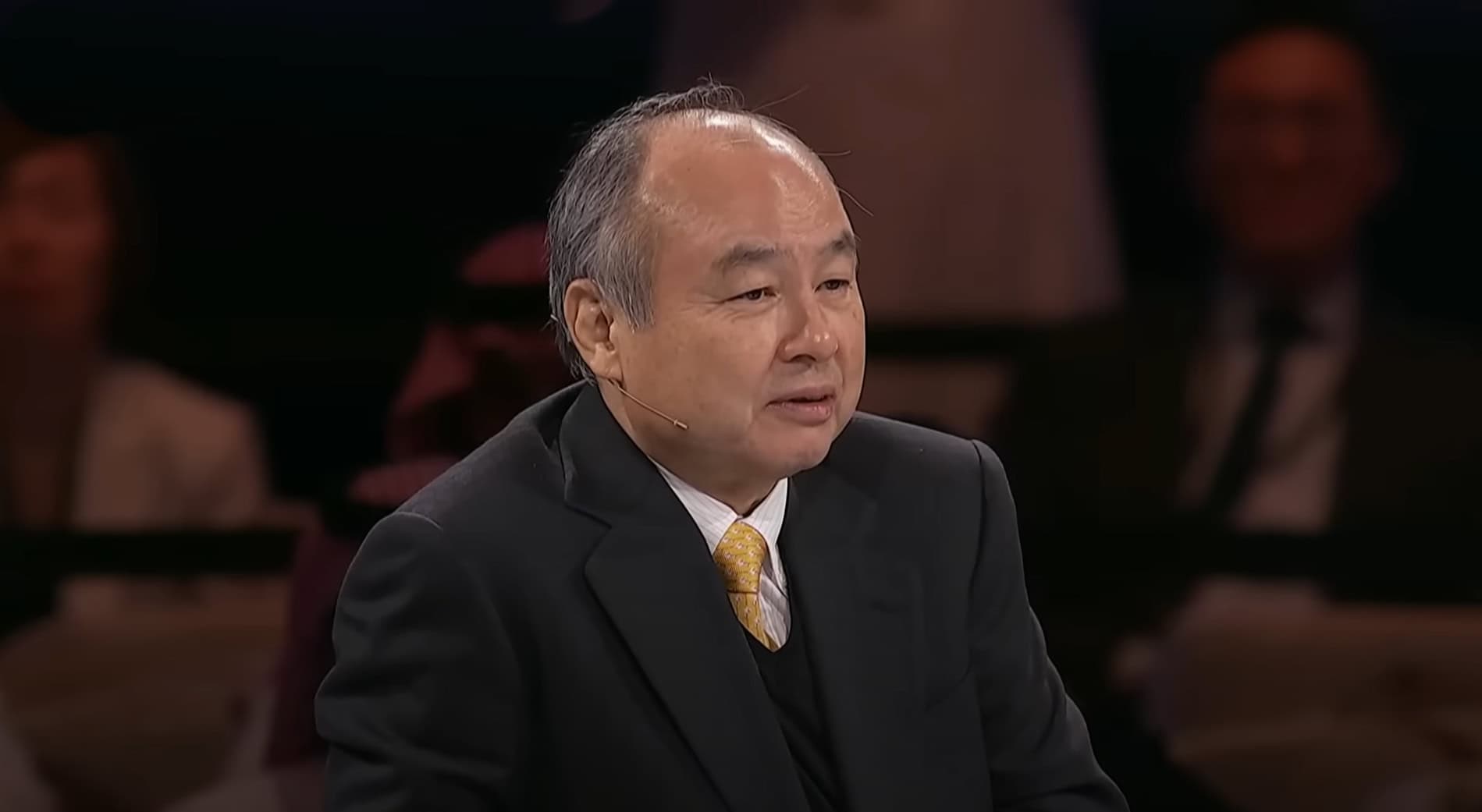fromEngadget
1 day agoOpenAI secures another $110 billion in funding from Amazon, NVIDIA and SoftBank
OpenAI just announced a massive funding round of $110 billion, which is one of the biggest investment rounds in Silicon Valley history. The investors feature many of the usual suspects, including Amazon with $50 billion, NVIDIA with $30 billion and SoftBank with $30 billion. This investment brings OpenAI to a $730 billion valuation.
Artificial intelligence




